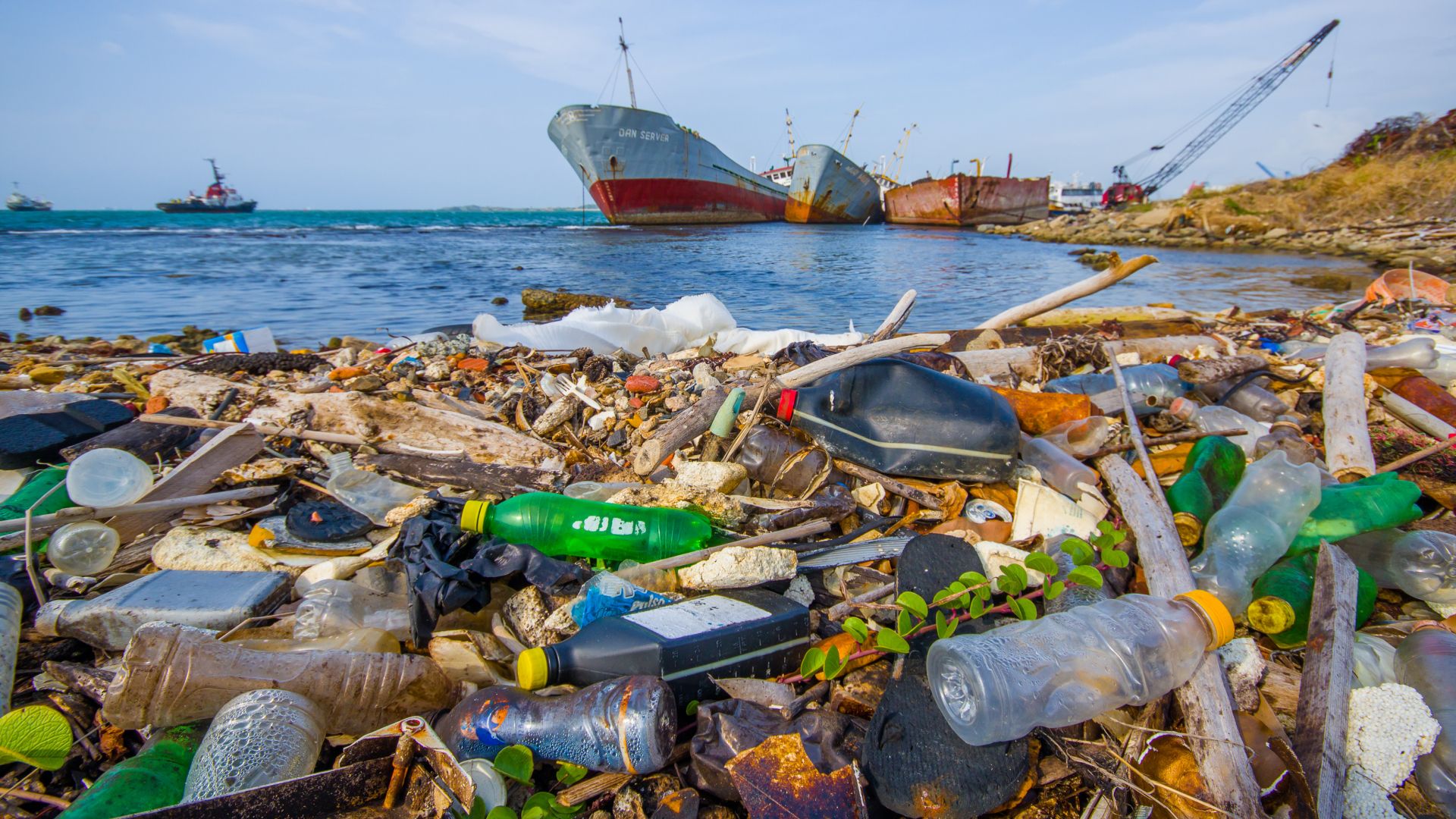If we don’t want to have more plastic than fish in our oceans by 2050, we must act now. Every year in Europe, 150 000 tonnes of plastic are dumped into the sea and today the EU Parliament voted on a new legislation, agreed with the EU Council, to stop this massive pollution.
For the first time, the EU adopts a legal framework with tailored measures for different product categories. Single-use plastic products make up half of marine litter, such as cotton buds, cutlery, plates, straws, drink stirrers, sticks for balloons, products made of oxo-degradable plastic, and food and beverage containers made of expanded polystyrene, and this is why they will be banned if there is an available and affordable alternative. For other products, the aim is to ensure that member states will limit their use and improve waste management.
S&D negotiator, Massimo Paolucci MEP, stated:
“We are proud of the active role of the S&D Group to ensure that the European Union takes a major step forward to save the oceans and to spread awareness on the need to change many of our daily habits. More and more people understand that we cannot continue with this ‘throwaway’ way of life and we must move away from the ‘culture of waste’. We cannot turn our oceans into a gigantic dustbin, killing biodiversity and endangering the source of life for future generations.
“Our Group played a decisive role in increasing the level of ambition of the Directive on a number of points, such as adding products made of oxo-degradable plastic and single-use products made of expanded polystyrene to the list of bans. We also secured that plastic bottles will have to be separately collected with a rate of 90% by 2029, and made of at least 25% recycled content from 2025 for bottles made of polyethylene terephthalate (PET) and at least 30% for all bottles from 2030.
“Tobacco filters will be subject to marking requirements as containing plastic, while fishing gears will have to be collected separately, since both items are major contributors to plastic pollution.”
S&D coordinator on the committee on the environment, public health and food safety, Miriam Dalli MEP added:
“The agreement reached on single-use plastics is an important step. It is a policy that will help to change mentality and create greater awareness amongst citizens, particularly amongst the younger generations who are extremely aware on how to seek alternatives.
“I believe that the way forward is to ensure the proper disposal of plastics, to repurpose used products and to promote sustainable alternatives.”
Specific measures included in the Directive are:
Banning the following items as from 2021: plastic cutlery (forks, knives, spoons and chopsticks); plastic plates, straws and stirrers; single-use cups as well as beverage and food containers made of expanded polystyrene; products made from oxo-degradable plastic (plastic materials containing additives that promote oxidation of that plastic into micro fragments under aerobic conditions); cotton bud sticks made of plastic, balloon sticks.
EU member states will take the measures to reduce the consumption of: food containers made of plastic; plastic cups for beverages, including their covers and lids.
A binding target of at least 25% of recycled plastic for polyethylene terephthalate (PET) beverage bottles is established from 2025 onwards. In 2030 all plastic bottles will have to respect a target of at least 30% of recycled content.
Wet wipes, sanitary pads, tobacco filters and cups for beverages will have to be marked on their packaging informing consumers of the presence of plastic in the product and of the harm done to the environment if it is thrown away elsewhere than in the bin.
Producers of tobacco filters which contain plastic will have to cover the costs for public collection systems for cigarette stubs. The same applies to food and beverage containers, packets and wrappers, cups and plastic bags.









